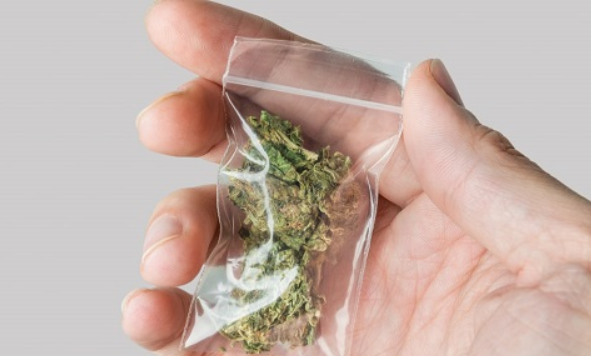Canadian Customers Report Underweight Cannabis from Legal Stores
Just two weeks after Canada’s cannabis legalization, customers are raising concerns that government-licensed stores are selling them less marijuana than advertised. Many shoppers, especially in regions where stores are managed by provincial authorities, suspect that despite the ongoing product shortages, retailers have managed to sell significantly less cannabis than promised, effectively overcharging customers.
Store representatives accused of shortchanging customers claim that any discrepancies are likely due to the way cannabis must be sold under Canadian law. Currently, products must be sold fully sealed in layers of plastic and paper, making it impossible for customers to touch, smell, or weigh the product before purchase.
Wave of Complaints Across Provinces
The first complaints surfaced in Nova Scotia, quickly followed by similar reports on social media from Prince Edward Island and New Brunswick. Customers, after waiting in long lines, posted photos and videos online showing that the contents of their cannabis packages were noticeably less than what was promised. In some cases, buyers even weighed their purchases on camera, revealing that the expensive legal product sometimes contained only half the weight stated on the packaging.
One of the most striking examples came from Adam Roup, a journalist with CTV Atlantic. He bought one-gram packages of cannabis from several government-run stores in Nova Scotia and weighed them. Despite buying different strains from different growers, all products came in identical black plastic bags with health warnings, each containing a sealed tube supposedly holding one gram of cannabis. Due to regulations meant to “protect the public and especially Canadian youth,” Roup had to trust the sellers, as opening the packages for inspection or weighing is not allowed.
His tests showed that two out of four packages were underweight: one was short by a tenth of a gram, while another was a third lighter than advertised. The other two packages were slightly overweight, containing about 1.1 and 1.2 grams. Roup concluded that, because of current packaging and sales policies, producers are only required to include an “approximate” amount of cannabis, meaning customers may pay full price for less product.
Who’s to Blame for the Shortages?
Retailers like Heidi Chartrand, a former therapeutic cannabis shop owner, agree with Roup’s findings. She believes the problem lies with the carelessness of producers and packagers. Even before the ban on therapeutic cannabis shops, Chartrand says wholesale producers routinely sent her less product than promised, forcing her to re-weigh every batch before selling it. Now that stores are not allowed to weigh their stock, wholesalers may be intentionally shorting shipments, possibly to stretch limited supplies during the current shortage.
Health Canada, however, says the weights listed on packaging are only “approximate,” and that variations between packages are to be expected, even within the same batch. One company, Organigram, explained that the issue arises because packers often work with buds that haven’t fully dried, so they package what is technically a gram of “wet” cannabis. As the product dries, its weight decreases, resulting in lighter packages. In other words, there is little urgency to compensate the hundreds of dissatisfied customers for underweight products.
Due to the structure of the legalization system, customers have few formal channels to file complaints. So far, only Nova Scotia’s provincial cannabis store allows exchanges for defective products. In other affected regions, where stores do not accept such complaints, frustrated customers are left to vent online. While this issue is certainly a flaw in Canada’s legalization system, it’s important to remember that the market is still new. Regional authorities are expected to address and resolve these problems as the reform progresses.



